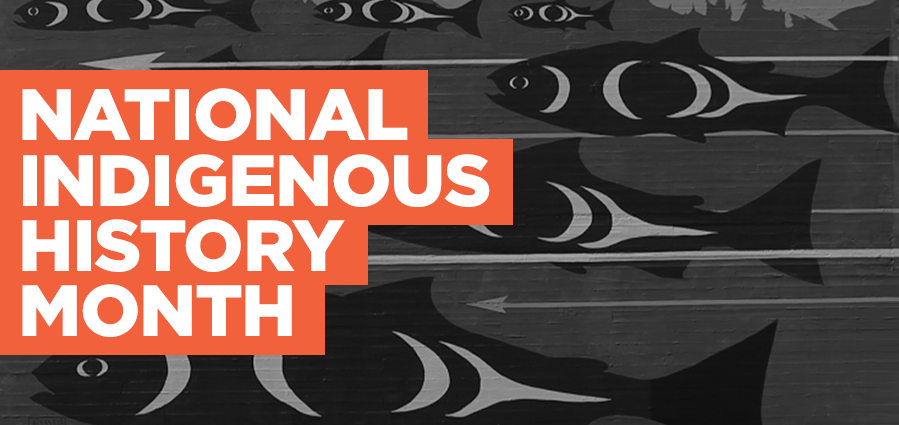
- May 31, 2024
Today, June 1st marks the beginning of Indigenous History Month. This month is an opportunity to not only celebrate the rich cultural heritage, traditions, and history of Indigenous peoples across this country, but also as a reminder of the considerable journey ahead toward true reconciliation.
Since time immemorial, Indigenous peoples across this country have lived on, and cared for, the land which we now call Canada. British Columbia is home to over 200 distinct First Nations, with their own distinct histories and cultural traditions. The stories of these people are deeply intertwined with the land on which they reside – yet their story has also been one of hardship. For hundreds of years, the story of this country’s Indigenous peoples has been one of resilience and resistance against colonial forces that sought to erase their existence and culture.
Indigenous labour has always been integral to the stewardship of this land. Generations of Indigenous Peoples dedicated their labour to it’s care – through wildfire management, care of food resources, turnover of soil and more. Despite this, these generations of labour have not only been historically exploited by the businesses and governments that now occupy this country, but Indigenous people were also systemically excluded from the economy which was growing off their efforts.
These same entities excluded Indigenous peoples, while exploiting these lands for their gain. Indigenous peoples have faced the systemic denial of access to paid labour, often being replaced by European settlers. Racism, settler favouritism and an economy designed to exclude them has led to immense hardship for Indigenous communities.
We must also acknowledge the complex role unions have played in this history. In the 1950s, the implementation of stringent adherence to seniority and leave of absence rules were weaponized to push Indigenous workers off of BC’s docks. However, unions have also been crucial allies in the fight for Indigenous workers rights, standing with Indigenous members to fight racism by employers and on the job site, securing legal protections, fair wages, and benefits.
Part of reconciliation is recognizing our roles – both positive and negative – in this shared history, while committing to building a better future.
This year, our Indigenous Workers Committee is looking to expand. If you identify as Indigenous and would like to be involved in advancing reconciliation in your workplace, union and the wider labour movement, please speak to your union rep.
LOOKING TO THE FUTURE
As we embark on this month of reflection and celebration, we must acknowledge the ongoing challenges faced by Indigenous communities. Issues such as generational trauma, systemic racism, poverty, lack of access to clean drinking water, lack of land-rights on their ancestral territories, inadequate access to health and education – only some of the many obstacles that continue to affect Indigenous peoples.
Indigenous History Month is not only a time to acknowledge the flaws of our country’s past, but also the present, and commit to a better future. It is time to listen to Indigenous voices, learn from their lived experiences, and support their ongoing struggles for justice and equality. Only by doing so can we take real, actionable steps towards reconciliation and contribute to building a country that respects the values, rights, and dignity of its peoples.
This month, we encourage everyone to engage with Indigenous culture and history in their communities, participate in events and activities, and educate themselves about the true history of this land. Let us stand in solidarity with Indigenous communities and activists, and work together to create a more inclusive and inclusive society.
We have curated a selection of resources spanning literature, film & television, and the internet that you can use to learn more about Indigenous History in Canada. We encourage you to invest time in listening, learning, and taking meaningful steps toward reconciliation.
LITERATURE
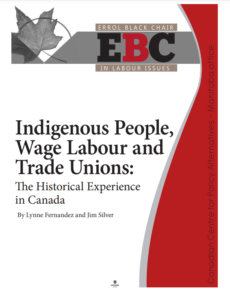
Indigenous People, Wage Labour and Trade Unions: The Historical Experience in Canada
By Lynne Fernandez and Jim Silver
A report from 2017 detailing the history of Indigenous peoples in Canada with the trade union movement, which addresses both the frequent historical exclusion of Indigenous peoples, but also the effort the contemporary union movement has made to address that history in order to benefit Indigenous workers.
Download from the CCPA.
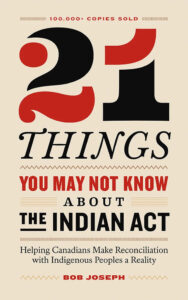
21 Things™ You May Not Know About the Indian Act
By Bob Joseph
The Indian Act is still the legal basis for much of the interactions between Indigenous peoples and the Canadian government. This book helps explain the history and legacy of the Act, and how we can move towards true reconciliation.
View on Google Books.

All the Quiet Places
By Brian Thomas Isaac
The coming-of-age story of Eddie Toma, an Syilx boy growing up in the 1950s in the Okanagan. It touches on the impact of separation from culture, and the impact of colonialism on his family structure and upbringing.
View on Google Books.
Film & TElevision
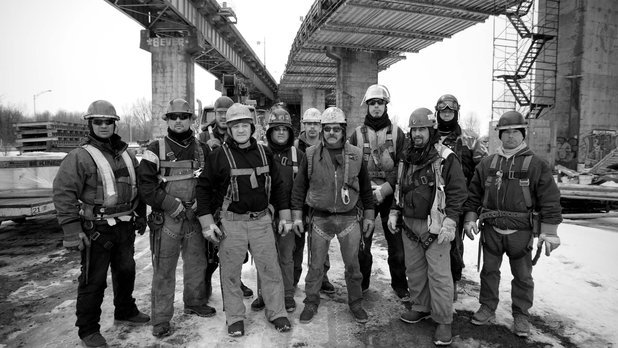
As I Am
Nadia Myre
A powerful short film that challenges preconceptions of Indegenous people at work, set to a poem by Mohawk writer Janet Marie Rogers.
View on NFB Canada’s Website.
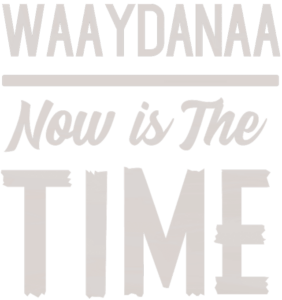
Now is the Time
Christopher Auchter
A 2019 documentary exploring the rebirth of Haida culture.
Watch on NFB Canada’s Website.

The Great Salish Heist
By Darrell Dennis
Released this year and playing at film festivals across BC, The Great Salish Heist is the first ever indigenous heist film, featuring an archaeologist who sets out to reclaim historic artefacts from a museum.
Watch the trailer here.
